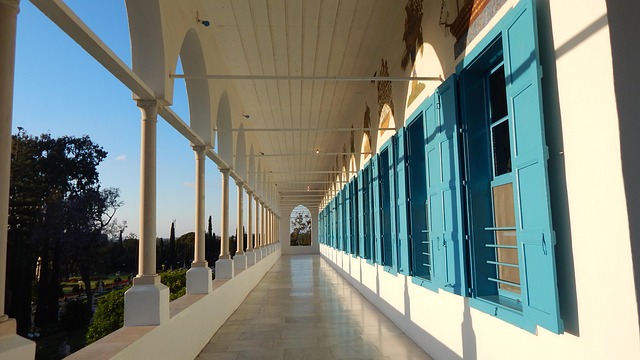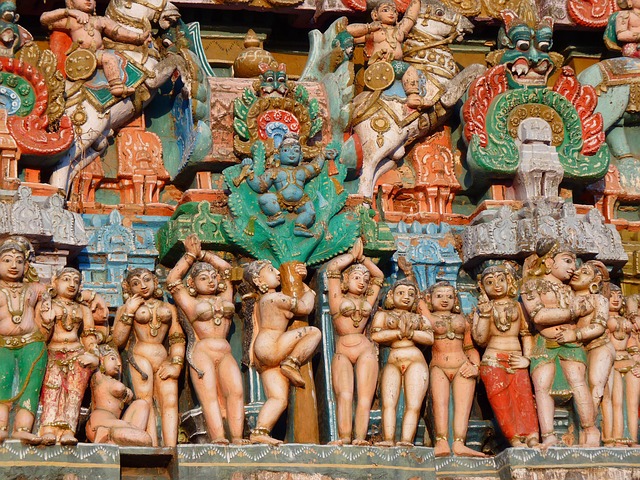Baha’u’llah, the founding figure of the Baha’i Faith, is often regarded as a profound voice for unity and justice in the world of religion. His teachings transcend the conventional boundaries that often separate different faiths, advocating for the oneness of humanity and the necessity of compassion and understanding among all people. As a prophet, Baha’u’llah emphasized that religious belief should not lead to division, but instead should inspire cooperation and harmony among diverse communities.
At the core of Baha’u’llah’s message lies the principle of unity. He proclaimed that the myriad of religions around the globe is essentially a single tree with various branches, each representing different traditions and beliefs. This perspective invites us to appreciate the beauty in our diversity without losing sight of our common purpose: to cultivate love, justice, and peace across cultures. In a world where religious conflicts surface frequently, Baha’u’llah’s teachings serve as a reminder that we are all bound together by our shared humanity.
Baha’u’llah’s commitment to justice resonates deeply in an age defined by inequality and discord. He urged his followers to engage actively in social and moral betterment, emphasizing the importance of justice in all aspects of life. This call is particularly urgent today, as societies grapple with issues of fairness and equity. Baha’u’llah recognized that true religion must advocate for the oppressed and work towards alleviating suffering in all its forms. His teachings encourage individuals to recognize their role in fostering a just society, reinforcing the belief that spiritual growth is intrinsically linked to social responsibility.
The teachings of Baha’u’llah also incorporate the idea of progressive revelation, suggesting that religious truth evolves and matures over time, which is especially poignant in today’s rapidly changing world. He emphasized that each religious leader has brought forth a segment of divine truth suited for their respective time and society. This notion helps believers appreciate the significance of other religions, fostering an environment wherein dialogue and understanding can flourish. Baha’u’llah’s life exemplified this harmonious coexistence, as he engaged with individuals from diverse religious backgrounds.
Moreover, the teachings of Baha’u’llah underscore the significance of education for every individual, arguing that knowledge is a powerful tool for empowerment and social advancement. He championed the idea that education should be accessible to all, irrespective of gender or social class, which was revolutionary in the societal context of his time. This emphasis on equitable learning continues to inspire humanitarian efforts and educational reforms around the world, making Baha’u’llah a beacon of hope for believers who aspire to implement positive change in their communities.
In exploring the legacy of Baha’u’llah, it becomes clear that his call for unity, justice, and equity is not just a spiritual guideline; it is a profound invitation to reshape our world. The principles he laid down resonate with the ongoing struggles for justice and harmony and inspire countless individuals to seek a path that brings not only personal fulfillment but also collective upliftment. By embracing Baha’u’llah’s vision, we can work towards building truly just societies where every living being is valued and respected, reaping the spiritual and physical rewards of unity in our diversity.




